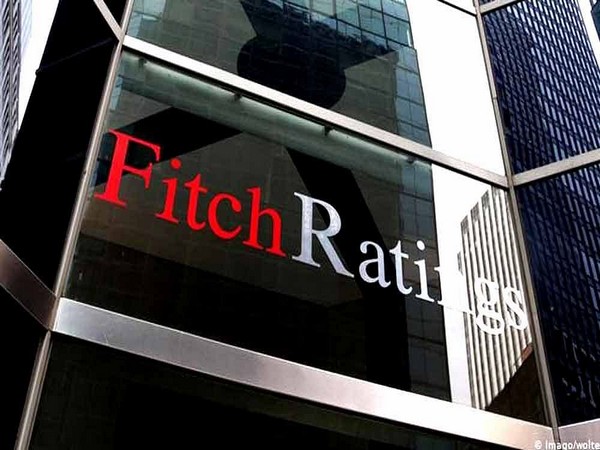New Delhi [India], February 10 (ANI): The green bonds issued by India reflect the growing policy focus to scale up domestic financing capacity on climate mitigation and adaptation. We expect the bonds to be held largely by domestic investors, incentivized by the national climate policy to mobilize financing resources for green activities.
A sovereign green bond is a debt investment instrument issued by the central or state government to borrow money from investors with the commitment that the mobilized fund will be spent on climate or ecosystem-related activities. This phenomenon began in 2016 with the Poland government issuing its first sovereign green bond.
The first issuance in January 2023 comprised two tranches totaling Rs 8,000 crore. The second offering, also comprised another Rs 8,000 crore.
Proceeds from the sovereign green bonds will go towards projects that meet India’s decarbonization targets.
At the COP26 summit in Glasgow in 2021, Prime Minister Narendra Modi committed to an ambitious five-part “Panchamrit” pledge, including reaching 500 GW of non-fossil electricity capacity, to generate half of all energy requirements from renewables, to reduce emissions by 1 billion tons by 2030.
India also aims to reduce the emissions intensity of GDP by 45 per cent. Finally, India commits to net-zero emissions by 2070.
Notably, India banned several single-use plastics starting July 2022. Single-use plastics are typically items that are discarded after being used only once and do not go through the recycling process.
The Indian government published its Sovereign Green Bond Framework in October 2022, aligning itself with the International Capital Market Association’s Green Bond Principles.
“The framework identifies how the proceeds from green bonds will be allocated to projects such as renewable energy, energy efficiency, clean transportation, sustainable water and waste management, and green buildings,” Fitch said.
“Indian green bond issuers are heavily concentrated in the energy sector, dominated by large energy companies using the proceeds to build renewable energy projects, particularly solar,” the rating agency added. (ANI)












